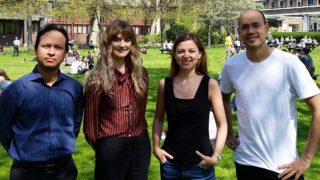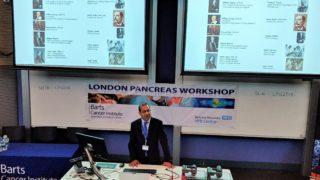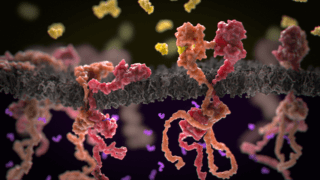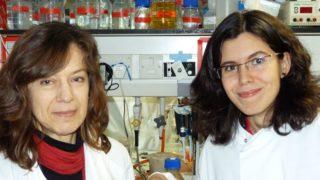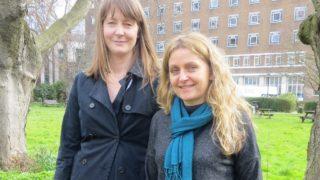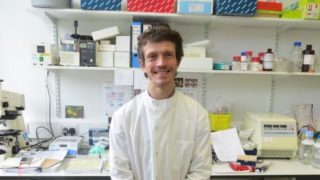Latest News
Search News
Categories
Archives
Fellows inaugurated at new Rutherford Academy of Population Genomics and Health Data Science
16th May 2018
Queen Mary University of London has appointed four research fellows to its new Rutherford Academy of Population Genomics and Health Data Science, funded by the Medical Research Council and UK Research and Innovation’s Rutherford Fund. Two of the fellows include BCI’s Dr Kit Curtius and Dr Dayem Ullah.
Read moreLondon Pancreas Workshop 2018
11th May 2018
On Friday 4th May, BCI hosted the seventh London Pancreas Workshop, co-organised by Prof Hemant Kocher and our Director Prof Nick Lemoine, which attracted delegates from across Europe and America, with over 140 attendees in total. The biennial event is recognised as a forum for state-of-the-art clinical and basic research in pancreatic cancer.
Read moreResearch reveals how breast cancer drug can accelerate cancer cell growth
1st May 2018
The breast cancer drug lapatinib which is designed to shrink tumours can sometimes cause them to grow in the lab, according to a new study published in eLife. By understanding the molecular basis of this phenomenon, scientists hope that their findings will lead to safer treatment options and drug design in the future.
Read moreUsing a modified adenovirus to overcome treatment resistance in prostate cancer
27th April 2018
Researchers from BCI’s Centre for Molecular Oncology, led by Dr Gunnel Halldén, have identified a mechanism by which a modified flu-like virus, called AdDD, is able to negate resistance to a drug called mitoxantrone and increase tumour cell killing in prostate cancer models. This mechanism is dependent on B-cell lymphoma 2 (Bcl-2)- a protein involved in the regulation of cell death (apoptosis).
Read moreBCI and KCL collaboration develops a clinically-relevant CAR T cell imaging system
19th April 2018
A collaboration involving researchers from BCI’s Centre for Molecular Oncology, led by Dr Jane Sosabowski, and the ImmunoEngineering Group of King’s College London (KCL), led by Dr Sophie Papa, has developed an effective and clinically-relevant imaging system to monitor chimeric antigen receptor (CAR) T cells within the body. This system reduced the tumour burden in a pre-clinical model of prostate cancer and allowed for repeated and non-invasive assessment of CAR T cell localisation.
Read moreUK charities join forces to fund the work of Dr Angus Cameron
5th April 2018
BCI’s Dr Angus Cameron, Centre for Tumour Biology, is to receive joint funding from Worldwide Cancer Research and Pancreatic Cancer Research Fund (PCRF) to support vital research on pancreatic cancer. The charities have awarded equal sums totalling £235,000 to support the work of Dr Cameron and his laboratory group.
Read more
